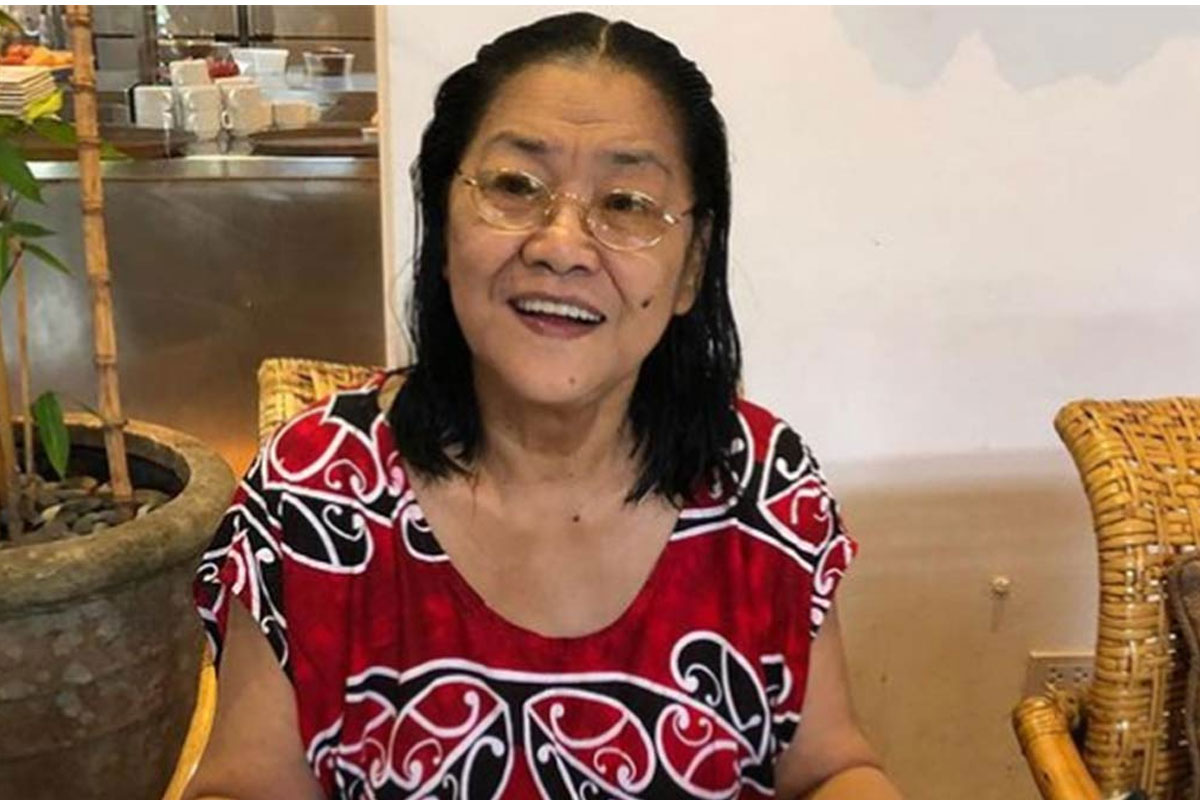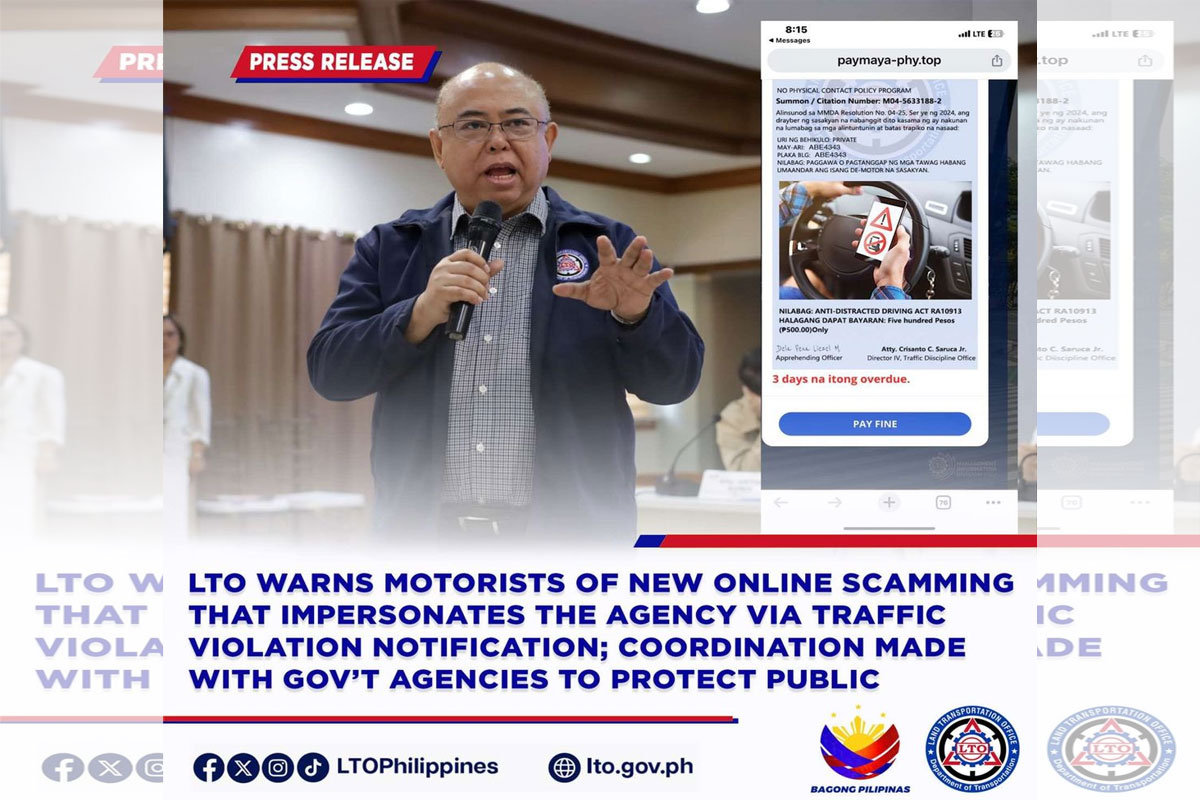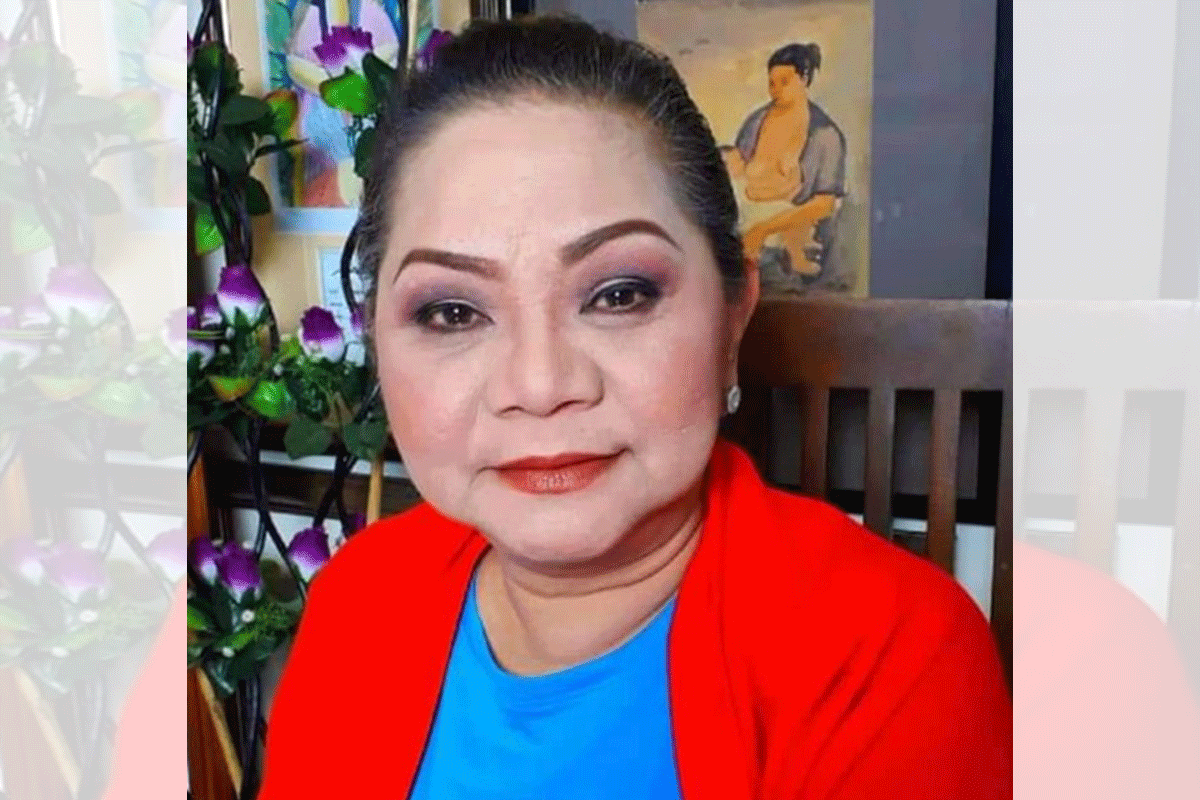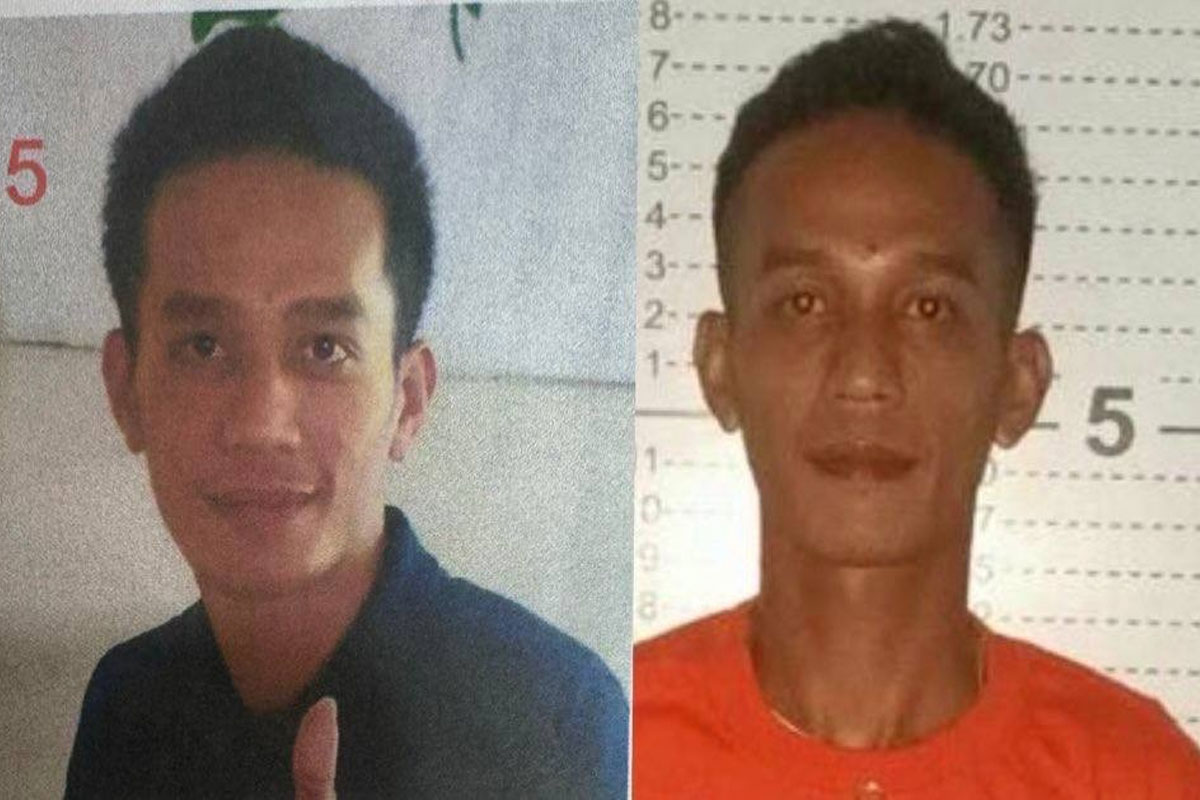
Medical scholars
THROUGH its multi-pronged medical scholarship program, the government hopes to bring its free medical services to far-flung and impoverished communities across the Philippines.
Due to “brain drain,” the country, one of the world’s major suppliers of health professionals, lacks medical doctors, with only three practicing physicians for every 10,000 Filipinos.
To address the problem, the two-chamber Congress passed the “Doktor Para Sa Bayan” bill, which President Rodrigo Duterte signed into law as Republic Act (RA) No. 11509 in December last year.
The landmark legislation consolidated and harmonized all government medical scholarship programs under a single medical scholarship and return service (MSRS) program.
The scholarship covers tuition and other school fees; books, supplies, and equipment; clothing, dormitory and transportation allowances; internship and medical board review and licensure fees; and a monthly stipend.
When fully implemented, the law, principally authored by Senator Joel Villanueva of Bocaue, Bulacan, the number of medical graduates staying in the Philippines will double.
Under the measure, once the medical scholars obtain their licenses, they have to “repay” the state by serving as doctors in underserved communities and government facilities.
The workaholic and articulate senator expressed hope that the implementing rules and regulations are released before the academic year opens in the next few months.
Two state universities have received the green light from the Commission on Higher Education (CHED) to open their medical schools – Western Mindanao State University and Cebu Normal University.
This brought to 10 the total number of state universities and colleges (SUCs) offering medical courses.
Implementing the medical scholarship program is a move in the right direction.


















